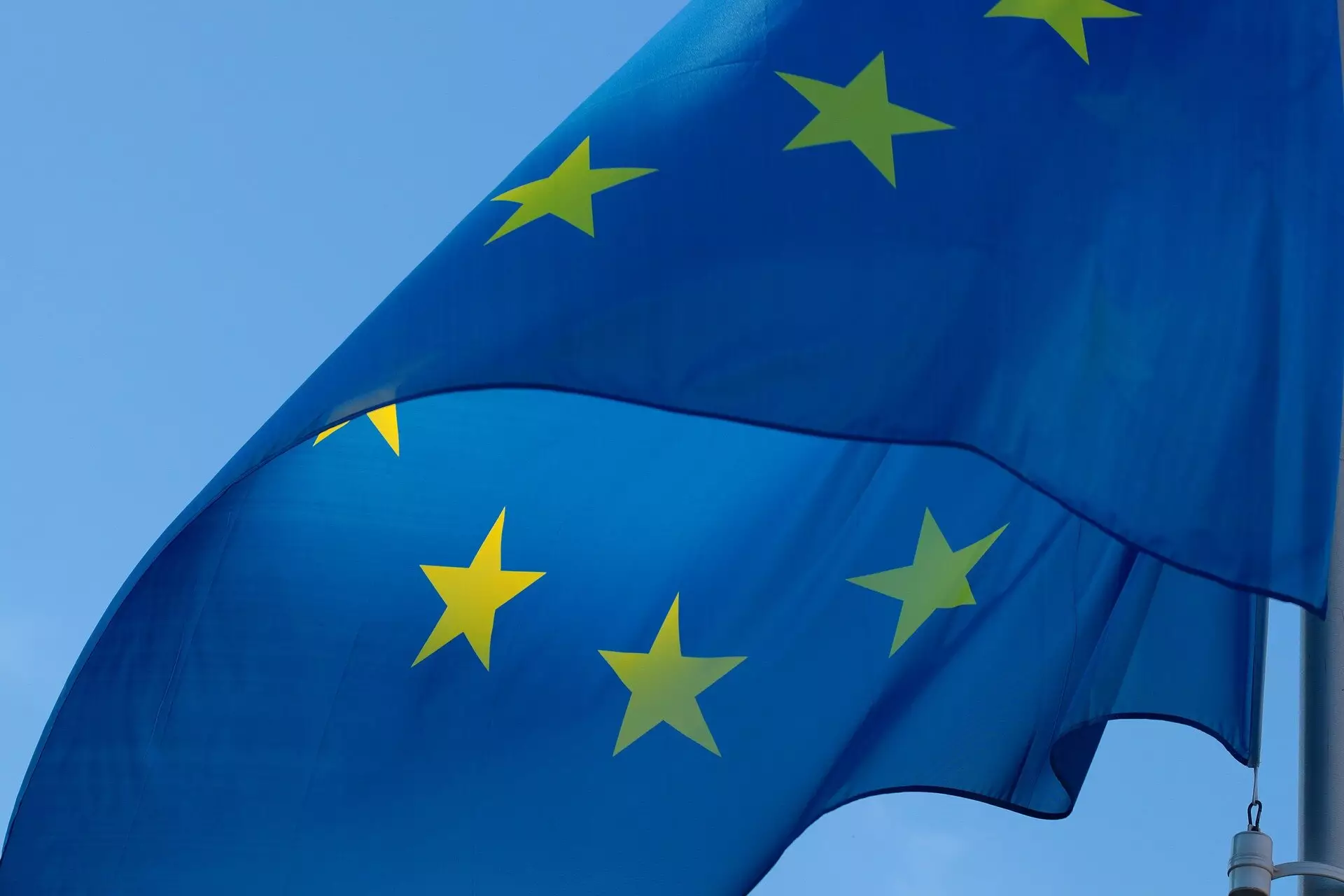The European Union (EU) has been at the forefront of implementing regulations to protect personal data and consumer rights in the field of technology. As millions of voters gear up for the European Parliament elections, it is essential to examine some of the significant transformations the 27-member bloc has made in the tech sector.
In 2018, the EU introduced the General Data Protection Regulation (GDPR) to safeguard personal data and give users more control over their online privacy. Websites now have to seek consent from users before using cookies for tracking purposes. While this move was aimed at protecting personal data, users like physiotherapist Victoire Philippe find the constant pop-ups and permission requests to be a nuisance.
The EU made it easier for individuals to request the deletion of personal data online with the introduction of the right to be forgotten. This ruling, along with the GDPR, has led to a surge in requests for the removal of personal information. While Google and other platforms have challenged these rules, individuals are increasingly seeking to erase their digital footprint from the web.
Another significant impact of EU regulations in the tech industry was the ban on roaming charges within the bloc in 2017. This move was welcomed by consumers like French executive Kevin Eon, who found it to be a time-saving measure when moving abroad. The elimination of excessive fees for using mobile networks while traveling has been a relief for many EU citizens.
To simplify the charging process for electronic devices, the EU mandated the use of USB-C ports for all manufacturers selling in the bloc. While most devices were already using these cables, Apple initially resisted the regulation citing concerns about stifling innovation. However, the company eventually complied and started shipping phones with the new port, marking a shift towards standardized charging practices in the EU.
The EU has also introduced laws aimed at curbing the power of tech giants and promoting fair competition in the online space. By forcing major platforms to offer access to their competitors’ services, the EU seeks to create a more level playing field for all players. This move has already had implications, such as Google no longer being able to redirect users from its search engine to its maps app seamlessly.
As the EU continues to shape the tech landscape with its regulations, it is clear that the bloc is committed to protecting consumer rights, promoting fair competition, and safeguarding personal data online. While there may be challenges and resistance from some stakeholders, the EU’s efforts are crucial in ensuring a safe and equitable digital environment for all individuals within the European Union.


Leave a Reply